Description
Description
Every culture defines how and why food is considered “healthy” based on various factors.
According to western medicine, healthy food is defined as foods that provide the nourishment needed to sustain well-being and retain energy.
Two of these incredibly healthy foods include acai berries and blueberries. And if you have ever wanted to know which is healthier, you have come to the right place.
What’s healthier, acai or blueberries?
Based on eastern and western definitions, both blueberries and acai fit the bill as “healthy foods” because they both contain a treasure trove of highly nourishing compounds shown in human studies to affect human health profoundly. Whichever is healthier for you may be a matter of your taste and favorite recipe.
Traditional Chinese Medicine looks at food from a slightly different perspective than its Western counterpart.
According to TCM, food is not defined as healthy or unhealthy but, instead, if it is the right food for an individual at a specific time.
TCM believes that the energetic effects foods can have on the body (warming, cooling, drying, moistening) are what dictate how one should eat. But there are also general guidelines for different times of the year.
For example, TCM believes that it is best to eat most foods cooked and warm during the cold months of winter for better digestion and utilization and to keep you warm and well-nourished.
In the warm summer months, when people are out and moving around, TCM generally looks at lighter, more cooling diets with more fresh produce as generally healthy.
So, are blueberries or acai a healthier choice? Based on eastern and western definitions, both blueberries and acai fit the bill as “healthy foods” because they both contain a treasure trove of highly nourishing compounds shown in human studies to affect human health profoundly.
But let's dig in and look at these magnificent functional foods to help you decide which is more appropriate for YOU.
What are Blueberries?
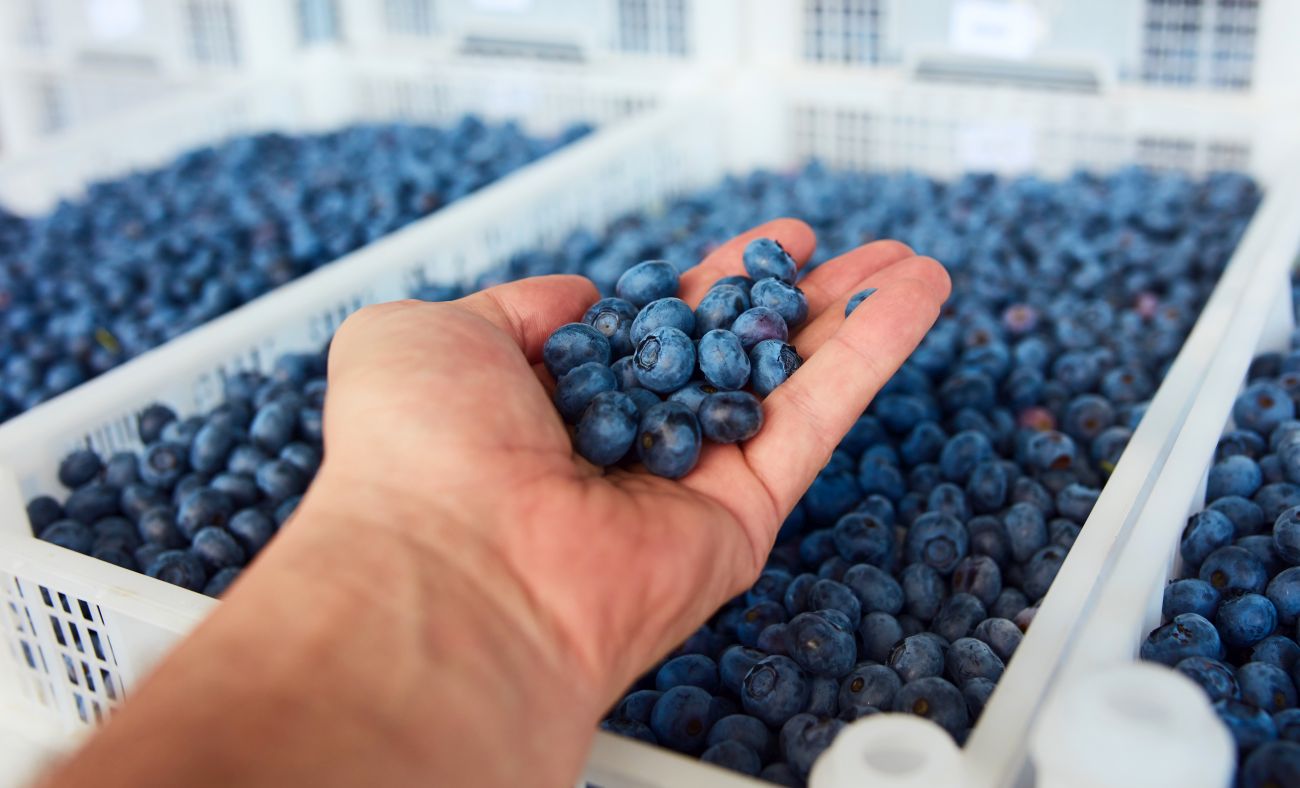
While all fruits are well known for their bright, vibrant colors and highly nourishing polyphenolic content, these powerful blue nuggets of deliciousness, also known as brain berries, are considered one of the world's most nutritious and well-studied common fruits.
Blueberries are native to North America, with 98% of their production happening in just ten states.
There are four varieties of blueberries (highbush, hybrid half-high, and rabbiteye), but there is only one true king:
The lowbush, aka wild blueberry
Because they are smaller and contain less water, they are considered to have more compact nourishment to match their uniquely sweet, tangy, and slightly floral taste.
Anthocyanins (flavonoid water-soluble pigments that give fruits and vegetables their color) account for about 60% of the total polyphenols in blueberries, yielding approximately 500 mg /100 grams, ranking them at #16 (behind some pretty impressive contenders) for the food's richest in polyphenols.
Other predominate bioactive components found in blue berries are pterostilbene, resveratrol and the flavonols kaempferol, quercetin, and myricetin.
A survey of the antioxidant capacity and phenolic composition of blueberries, blackberries, and strawberries concluded that blueberries have exceptionally high levels of anthocyanidins and proanthocyanins.
What Are Acai Berries?
Acai berries are dark purple berries native to South America with an earthy, bitter, mildly sweet, nutty flavor and a chocolate blackberry undertone.
If you close your eyes when eating acai berries, you can taste notes of chocolate.
The name comes from a native tribe (the Tupi), meaning weeping fruit.
Acai has caused quite the rage in North America as a highly nourishing and healing food often used in smoothies, juices, and other healthy snacks.
A human study looking at the Pharmacokinetics of anthocyanins and antioxidant effects after consuming anthocyanin-rich acai juice and pulp demonstrated an increased plasma antioxidant activity of up to 2-3 fold specifically for acai juice and pulp.
Acai has been a part of the diet of indigenous people in the Amazon for centuries (contributing up to 40% of their diet), traditionally eaten hot and salted, accompanied by cassava flour.
Acai berries are approximately 90% seed, so it is not uncommon to find tiny bits in a freeze-dried powder.
Did you know there are five kinds of Acai berries, with the pulp being the primary differentiating factor?
- Purple/Black: This is the most well-known and popular acai and is taken from a palm tree located in northern Brazil known as acaizera.
- White Acai Berries: Also known as Acai Tinga and much harder to find, its peel and pulp are avocado green and are prevalent in the region of Para.
- Acu Acai: Originates in the Peruvian Amazon and has a much stronger flavor than the purple acai with much larger clusters.
- Sword Acai: This has a different shape, and the cluster has many more branches than traditional acai.
- Ox Blood Acai: When matured, it has a very intense red color. While this berry is edible, it has a pasty consistency and an unpleasant taste.
- Acai Chumbino: This is a tiny variety of acai as each fruit only weighs about 1 gram, and the color varies between purple and white.
Is Acai a Superfood?
To correctly answer this question, it is vital to understand not only the definition and characteristics of what is known as superfoods but how they compare to a “functional food.”
Please note there are no legal definitions for these terms.
- Functional food is defined as dietary items that provide nutrients and energy and modulate multiple targeted functions in the body by supporting specific physiological responses.
- For example, fermented dairy products are functional foods that offer essential probiotic bacteria for restoring gut health.
- A superfood is a food rich in compounds considered beneficial to a person's health containing a very high nutritional density with a meager calorie count.
Therefore, the answer to whether or not Acai is a superfood is NO.
Acai is a functional food; these foods are the most intensely researched category with the intent to understand better how their unique compounds' can support health by modulating specific mechanisms of action.
Is Acai High in B12?
B12 is a water-soluble vitamin required for the development, myelination, the function of the central nervous system, healthy red blood cell formation, and DNA synthesis that is typically assessed by measuring serum or plasma levels of B12.
A B12 deficiency is considered subnormal when serum or plasma levels drop below 200 pg/ml or when an associated B12 metabolite called methylmalonic acid (MMA) (a highly sensitive marker of B12 status) levels exceeds 0.271 micromol/L.
It is commonly suggested that if an individual's B12 serum levels are deficient, MMA levels should be checked to confirm an actual deficiency.
So, is Acai high in B12?
The answer is No, Acai is not high in B12.
Like many berries, Acai is a source of B12, supplying 12.5% of the RDA, but (unlike animal sources) this does not explicitly mean that it is a quantitative source of this essential micronutrient.
How humans acquire, utilize and convert B12 is a highly complex process.
The following was stated in an article titled Vitamin B12 sources and Microbial interaction:
In simple terms, while there is no difference in the quality of B12 in animal versus plant sources, what makes animal sources far superior is that you are getting a greater quantitative source of this essential nutrient.
Acai has many wonderful qualities and provides you with a wide range of nourishing compounds, but B12 is simply not one of them.
What Is the Best Way To Eat Acai Berries?
In order to understand the best ways to consume this powerful and nourishing food (and what to combine it with to enhance flavor and texture), it is vital first to understand the complexities of Acai’s taste and texture and how it has been consumed traditionally.
Acai is earthy and bitter, mildly sweet with a nutty flavor, and has a chocolate blackberry undertone.
The undertone of chocolate and blackberry has been described as more of an essence because the only way to notice it is if you close your eyes and savor the flavor.
Because acai is 90% seed, it has a mildly granular texture which some might find unpleasant, but it has a velvety mouth feel, and when combined with appropriate ingredients, it can be a game changer.
Traditionally, Acai is eaten hot and salted and consumed with cassava flour (as a main course or side dish), and it is served with a protein like chicken or shrimp on rare special occasions as a dipping sauce.
As this super berry has become a massive success in the western world, everywhere you look, there is a smoothie business that sells a modern, new-age version of how we consume Acai known as the acai bowl.
While it is a far cry from tradition, the contemporary acai bowl can only be described as a marvel of nutritional excellence with endless options for creating tastes, textures, and flavors that will have your taste buds dancing the pachanga.
There is a treasure trove of ingredients you can add to an acai bowl or smoothie, depending on what you want to taste and feel. Perhaps you want to keep it simple and kick up those unique undertones (while giving your brain a little nourishment) by adding:
- Organic Coconut Milk
- Organic black chia seeds
- Organic Cacao Nibs
- Organic Extra Rich Cacao
- Whole Freeze-Dried Blueberries
The rich and delicious flavor will satisfy your tastebuds, and nourishing fat will keep you satiated for hours.
Oh, and don’t forget to add a pinch of Himalayan salt to give all those beautiful flavors an extra pop.
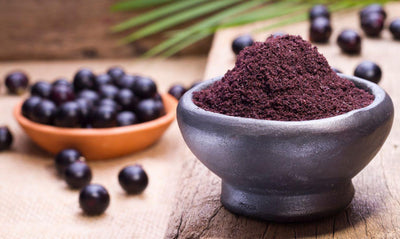
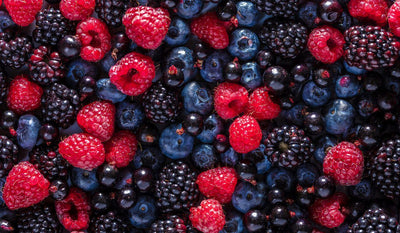

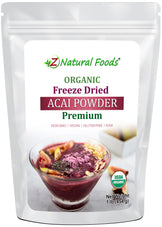
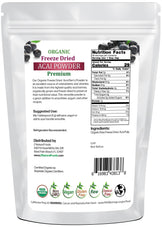
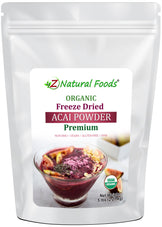
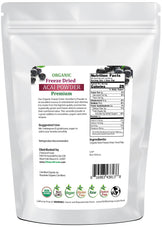


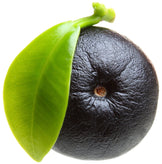
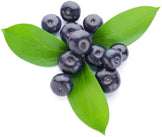

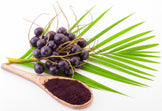

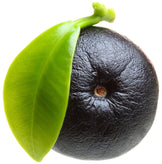
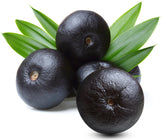

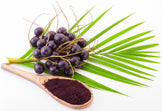
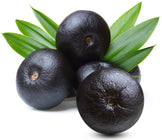
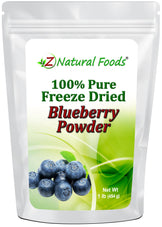
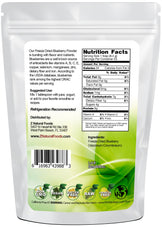

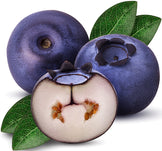
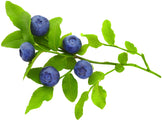
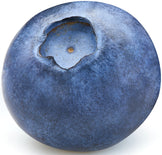
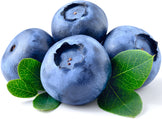
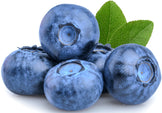
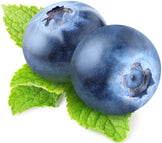
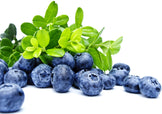
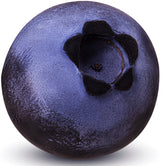
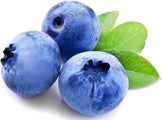

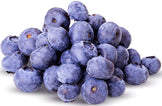

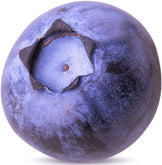
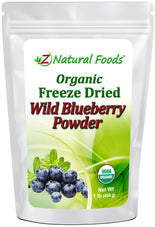
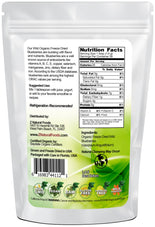
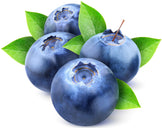
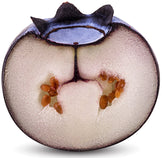

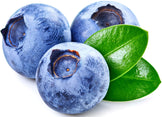
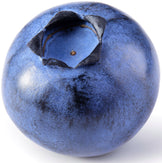



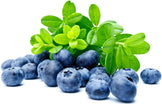
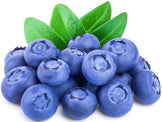
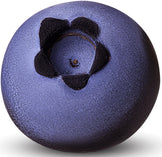
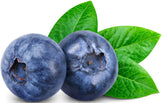
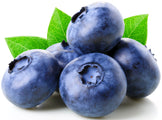

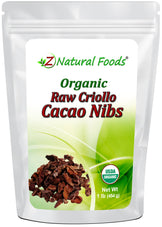
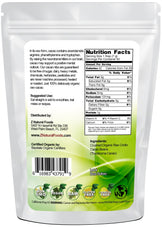



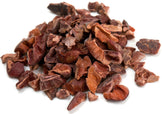
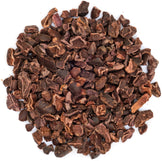
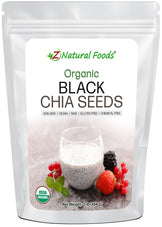
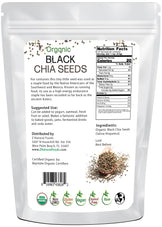

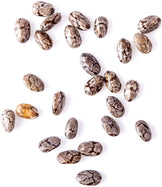
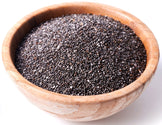
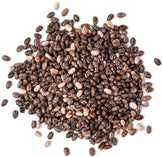

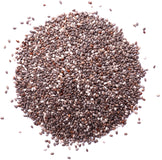



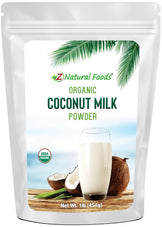
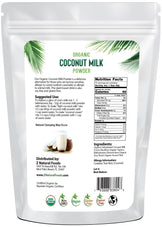
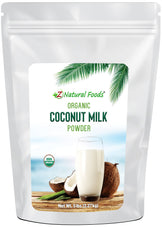
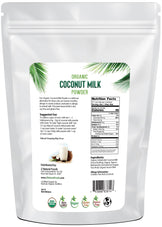
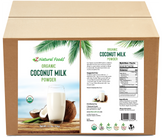
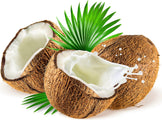
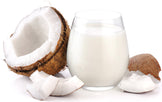
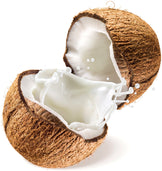
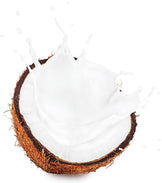

So they are both healthty, yes, but I still don’t know specific differences. Not sure what the whole vitamin B12 paragraph is in there for since Acai doesn’t contain it . . . .